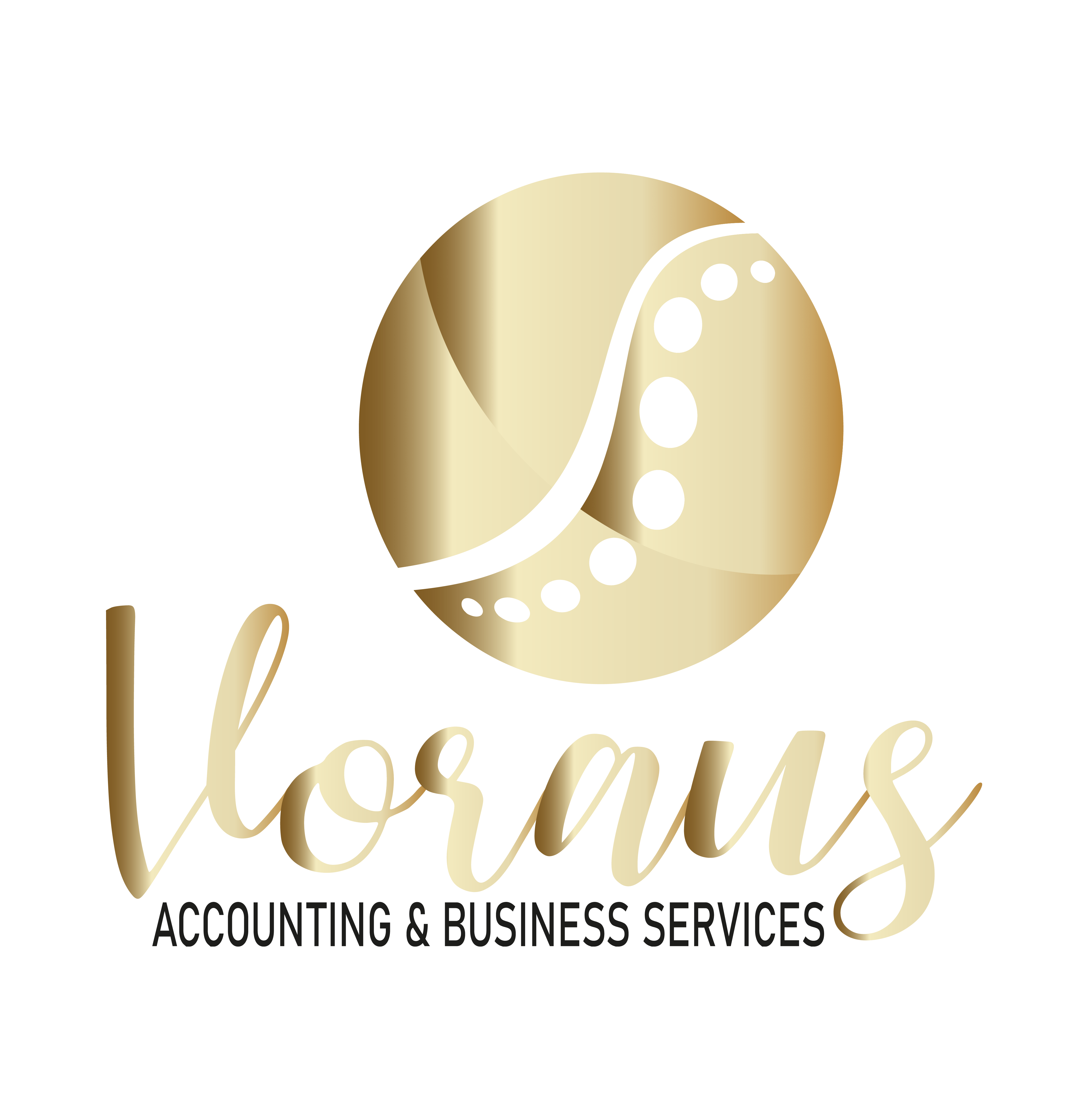
Benefits of Professional Tax Planning Strategies for High-Income Earners
Although navigating the tax landscape as a high-income earner can be challenging, it also presents unique opportunities. This article explores the benefits of professional tax planning strategies for high-income earners, highlighting how working with a tax professional can help reduce liabilities, optimize investments, and protect wealth. By leveraging expert guidance, high-income individuals can save on taxes and strategically plan for the future. Read on to discover how professional tax planning can ensure your financial success while keeping you compliant with ever-changing tax laws.
Mitigating Tax Liabilities
One advantage of implementing tax planning strategies for high-income earners is the ability to significantly reduce tax liabilities. High-income individuals often find themselves in the top tax brackets, facing steep tax rates without proper planning. A tax professional can help mitigate these liabilities by employing strategies such as income deferral, where income is spread across multiple years to prevent moving into higher tax brackets. Additionally, they may recommend charitable contributions. They support important causes and offer substantial deductions, lowering your taxable income.
Professional tax planners can also guide you toward tax-advantaged accounts like traditional IRAs or 401(k)s, where contributions reduce taxable income in the present while saving for the future. These tactics help reduce the immediate tax burden and ensure that your earnings are strategically protected.
Maximizing Investment Opportunities

Professional tax planning for high-income earners goes beyond just reducing immediate liabilities—it also focuses on maximizing after-tax investment returns. One of the most effective ways to achieve this is through tax-efficient investments. For example, investing in municipal bonds can provide tax-free interest income, a valuable option for high-income earners looking to minimize taxable income. Additionally, strategies like utilizing Roth IRAs offer tax-free growth and withdrawals in retirement, which can significantly boost long-term financial gains.
By aligning investments with the right tax planning strategies, high-income earners can ensure that their portfolios are optimized for both growth and tax efficiency. This approach not only helps preserve wealth but also ensures that investments are working to their full potential within the current tax framework.
Estate and Wealth Transfer Planning
Preserving wealth for future generations is often a key goal for high-income earners. Professional tax planning offers strategies that minimize taxes today and ensure a more efficient transfer of assets to heirs. One of the most effective ways to achieve this is through estate planning. Individuals can reduce their estate tax liabilities and control how assets are distributed by setting up trusts, such as Grantor Retained Annuity Trusts (GRATs) or Charitable Trusts. These vehicles allow for tax-efficient transfers while benefiting from deductions and lowering the overall taxable estate.
Additionally, working with a tax professional ensures that wealth transfer strategies compliant with current estate tax laws and exemptions, protecting your assets from unnecessary taxation and making sure they are passed on according to your wishes.
Avoiding IRS Audits and Penalties
High-income earners face a higher risk of IRS audits due to the complexity of their tax returns. Professional tax planning strategies for high-income earners help reduce this risk by ensuring accuracy and compliance with tax regulations. Tax professionals can identify potential audit triggers, such as large charitable deductions or high income relative to deductions, ensuring all claims are properly documented and aligned with IRS rules, and minimizing the chances of an audit.
Moreover, professionals help you meet deadlines for estimated tax payments and annual filings, reducing the likelihood of penalties for late payments or underreporting. This proactive approach helps you to avoid costly mistakes and brings peace of mind during tax season.
Planning for Major Life Events

Major life events, such as retirement, selling a business, or large charitable donations, can have significant tax implications for high-income earners. Professional tax planning ensures these events are managed strategically to minimize taxes and maximize financial benefits. For example, when selling a business, timing the sale and structuring it properly can reduce capital gains tax. Similarly, retirement requires careful planning of distributions from retirement accounts to avoid large tax hits and ensure efficient use of tax-advantaged accounts like Roth IRAs.
Additionally, life events such as large charitable donations can be structured through donor-advised funds or charitable trusts, allowing for immediate tax benefits while distributing funds over time. Consulting with a tax professional ensures that your financial decisions are aligned with both current tax laws and your long-term goals, making these major life events more financially manageable.
Professional tax planning helps high-income earners reduce taxes, grow wealth, and ensure financial security through strategies like income deferral and tax-efficient investments. By working with a tax expert, you can stay compliant and maximize savings. For personalized assistance, contact us here to get started on optimizing your financial future.
Entradas recientes
- Beneficios de las Estrategias de Planificación Fiscal Profesional para Personas de Altos Ingresos
- Benefits of Professional Tax Planning Strategies for High-Income Earners
- Cómo Dominar la Gestión Financiera Durante la Inflación: Consejos Esenciales para Pequeñas Empresas
- How to Master Financial Management During Inflation: Essential Tips for Small Businesses
- Entendiendo los Impuestos para Trabajadores Remotos de Florida



